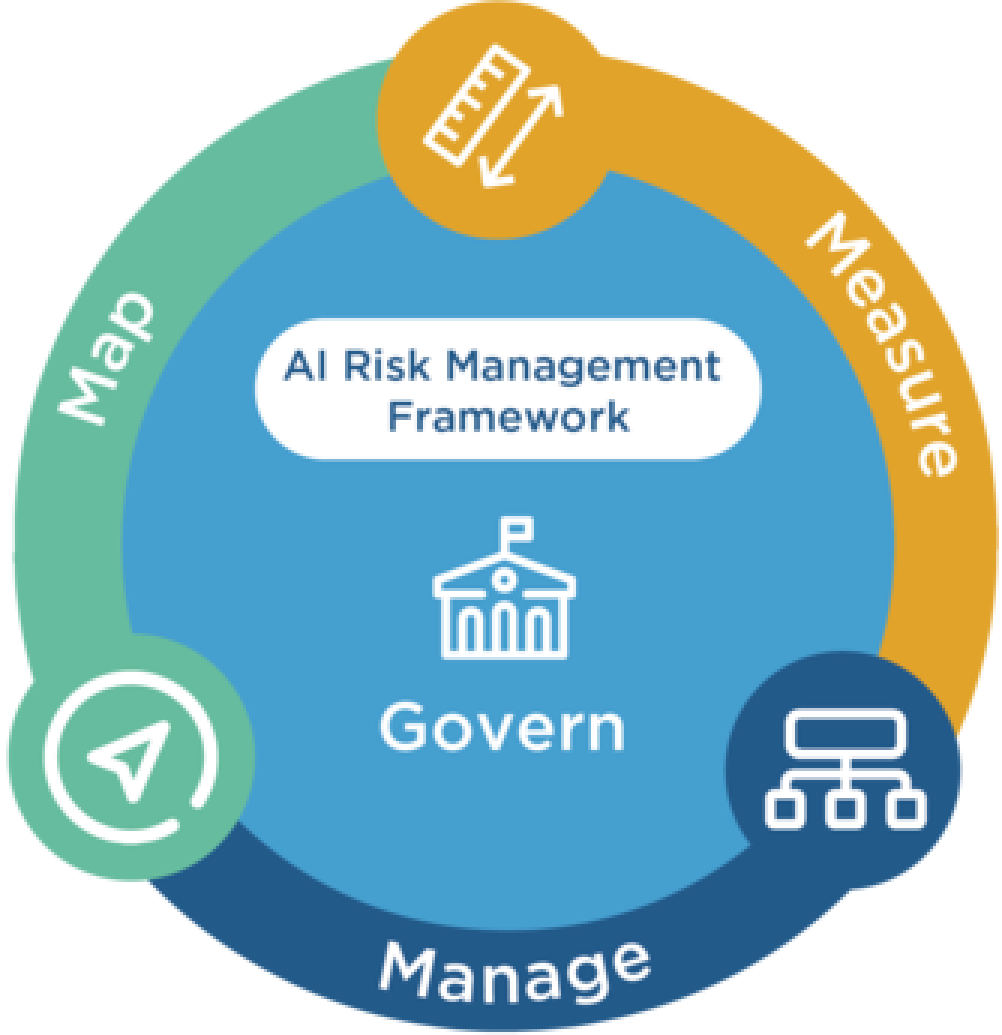Empowering Healthcare Careers : An Initiative by the PMBA USA
The Professional Medical Billers Association (PMBA) USA, a leading organization in
healthcare training, is proud to introduce its innovative initiative for aspiring medical
coding and billing professionals. We're dedicated to equipping you with the essential
knowledge, practical skills, and cutting-edge tools to excel in this dynamic field.
Pioneering the Future of Healthcare Education:
We're excited to announce our exclusive partnership with MEDESUN, a cutting-edge
provider of AI-powered medical coding and revenue cycle management (RCM)
training. This first-of-its-kind collaboration offers you unmatched access to:
Transform Your Career with CAIMC® Certification – The Gateway to Excellence in Medical Coding
According to Next Move Strategy Consulting the market for artificial intelligence (AI) is
expected to show strong growth in the coming decade. Its value of nearly 100 billion U.S.
dollars is expected to grow twentyfold by 2030, up to nearly two trillion U.S. dollars.
A branch of computer science devoted to developing data processing systems that performs
functions normally associated with human intelligence, such as reasoning, learning, and self-
improvement Ref : Artificial-Intelligence
A clearly specified mathematical process for computation; a set of rules that, if followed, will
give a prescribed result.
Sources : NIST SP 800-107 Rev.
White House Office of Science and Technology
The white house office of science and technology - Blueprint for building and deploying automated systems that are aligned with democratic values and protect civil rights, civil liberties, and privacy.
NIST - AI trustworthiness include :
NIST AI RMF Playbook
NIST AI RMF Playbook ( Click Here to Download)
The goal of the AI RMF is to offer a resource to the organizations designing,developing, deploying, or using AI systems to help manage the many risks of AI and promote trustworthy and responsible development and use of AI systems.
CMS and AI
At CMS, Artificial Intelligence (AI) has the power to reshape the way we use data to make decisions. In fact, because CMS is such a data-rich agency, there is no better place to implement AI technology. To do so responsibly, we must educate our workforce, share knowledge with our partners, follow ethical standards, and experiment with new methodologies.
Ref : Artificial Intelligence at CMS
AI is one of the most powerful technologies of our time. President Biden has been clear that we must take bold action to harness the benefits and mitigate the risks of AI.
The Biden-Harris Administration has acted decisively to protect safety and rights in the age of AI, so that everyone can benefit from the promise of AI.
In November 2023, the Office of Management and Budget (OMB) published for public input a draft policy for the use of AI by the U.S. government. This draft policy would empower Federal agencies to leverage AI to improve government services and more equitably serve the American people.
The document focuses on three main pillars :
Epic and Microsoft announced that we are working together to integrate the generative AI technology in to Electronic health records for the first time Microsoft Blogs.
How 6 hospitals, health systems are using AI to improve patient care
From using artificial intelligence to predict missed appointments to exploring how it can make care more personalized for patients, here is how six hospitals and health systems are using the technology to improve patient care and operational efficiency:
Omaha, Neb.-based CHI Health is using AI to predict missed appointments, identify sepsis risk and detect stroke.
Salt Lake City-based Intermountain Healthcare is developing an AI-powered platform that can help physicians make bedside diagnosis.
Philadelphia-based Jefferson Health is partnering with digital health company Ada Health to implement a new symptom assessment tool on its websites and apps.
Pittsburgh-based UPMC is exploring how it can use AI tools to make care more personalized for patients. For example, the health system has been using AI technology from Abridge that can transcribe patient interactions with physicians.
Durham, N.C.-based Duke Health is working to develop AI-powered cloud technologies for healthcare organizations. The health system will use technology from analytics company SAS to test in a clinical setting.
Peoria, Ill.-based OSF HealthCare is streamlining utilization management workflows using an AI-based platform from XSOLIS.






